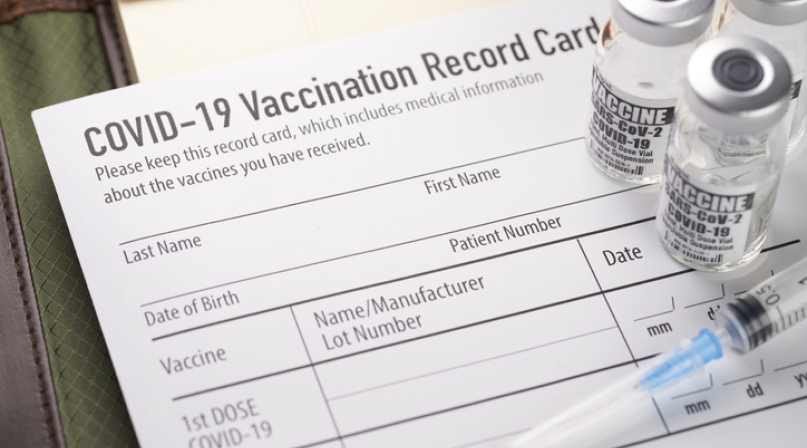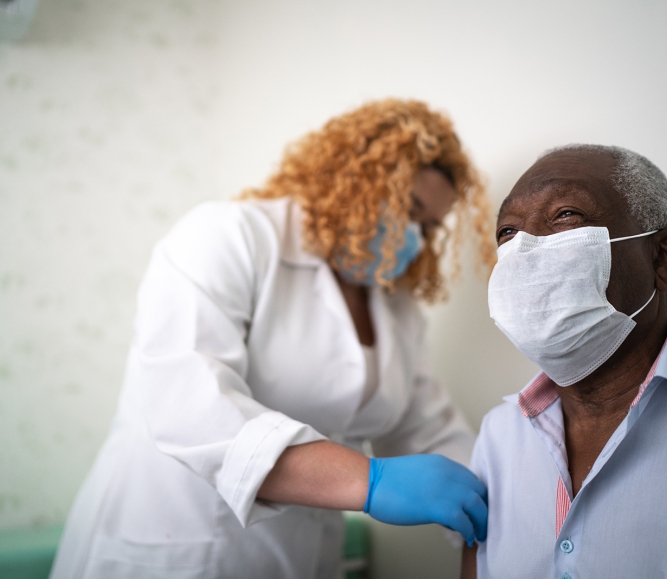CDC approves Moderna, Pfizer-BioNTech Omicron booster shots for everyone 12 and older
Author

Blaire Bryant
Upcoming Events
Related News

Key Takeaways
On September 5, the Centers for Disease Control and Prevention (CDC) endorsed the Advisory Committee on Immunization Practices’ (ACIP) recommendation for updated COVID-19 boosters for everyone age 12 and up, following the Food and Drug Administration’s (FDA) approval of an emergency use authorization for the updated Pfizer-BioNTech and Moderna boosters on August 31. The boosters generate stronger immune protection against COVID-19 variants that are currently circulating widely in the U.S.
The updated emergency use authorizations permit the administration of a single booster at least two months after a primary or booster dose is given. The CDC Director, Dr. Rochelle Walensky, released a statement recommending eligibility for the Pfizer-BioNTech bivalent COVID-19 booster for people ages 12 and older and the Moderna COVID-19 booster for people ages 18 and older. The updated COVID-19 boosters add protection against the Omicron BA.4 and BA.5 variants, which currently make up nearly 90 percent of all cases of COVID-19 in the U.S. The CDC booster recommendation is for all individuals that have received at least a full primary vaccination series, which according to CDC guidance includes both a primary (2-dose) series and a one-dose booster.
The Biden administration has ordered 175 million doses of the new boosters. Pfizer plans to ship up to 15 million doses of its booster to the U.S. by September 9. Additionally, Pfizer plans to apply for an emergency use authorization for its booster to be used for children ages 5-11 in early October and is working to receive FDA approval for boosters for children under the age of 5.
The COVID-19 vaccines authorized for use in the U.S. continue to reduce the risk of severe disease, hospitalization and death, including against the Omicron variant and subvariants. As key providers of local public health services and frontline service providers for the medically vulnerable, counties have supported the administration of more than 610 million vaccinations in the United States to date and will continue to play an essential role in the administration of COVID-19 vaccines and boosters.
ADDITIONAL RESOURCES
Resource
The County Role in Vaccines

Related News

Drug tracking software helps counties identify trends, save lives
Florida counties are using an artificial intelligence tool called Drug TRAC to track and report drug trends, with the aim of providing quicker outreach and saving lives.

White House Executive Order establishes national substance use disorder response
On January 29, the White House issued an Executive Order (EO) establishing the Great American Recovery Initiative, a new federal effort aimed at coordinating a national response to substance use disorder (SUD).

USDA and HHS release new dietary guidelines
On January 7, U.S. Department of Agriculture Secretary Brooke Rollins and U.S. Department of Health and Human Services Secretary Robert F. Kennedy, Jr. unveiled the new Dietary Guidelines for Americans, 2025–2030.